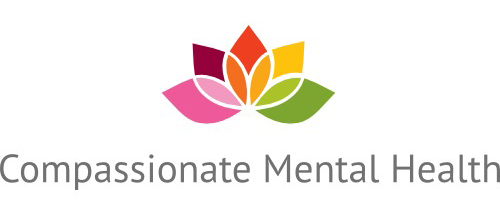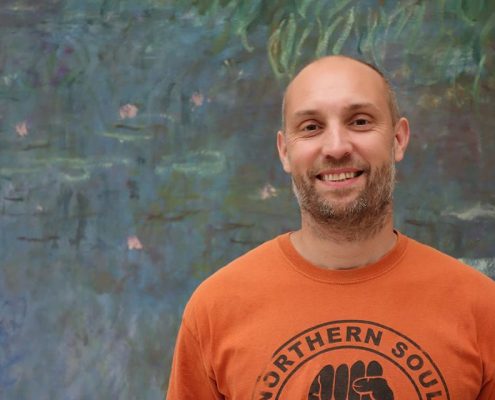Speakers
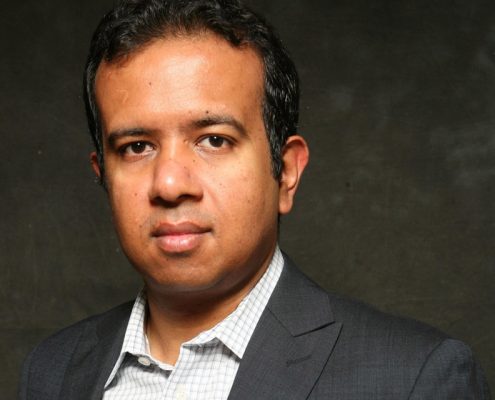
Dr Russell Razzaque
London based psychiatrist with twenty years experience in adult mental health - specialising in Open Dialogue and mindfulness more…

Dr Dina Glouberman
Psychologist, psychotherapist, writer and co-founder of Skyros Holistic Holidays, pioneering community-oriented holistic holidays worldwide more…
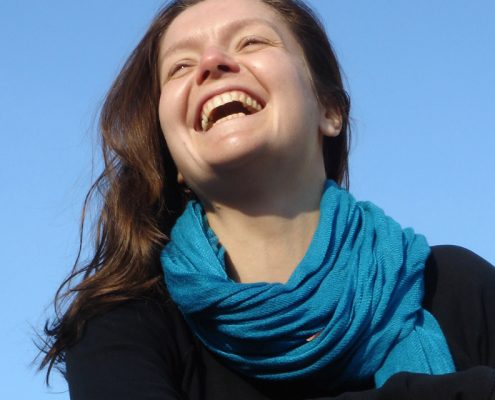
Elisabeth Svanholmer
Danish Hearing Voices Network trainer and facilitator who uses her own experiences of living with voices and other unusual experiences to help others more…
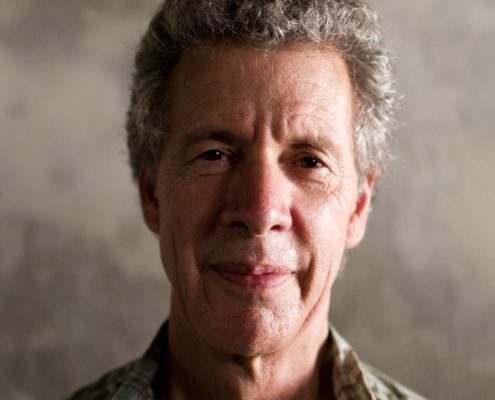
Phil Borges
Social documentary photographer and filmmaker. His latest documentary CRAZYWISE explores psychological crisis as a positive transformative experience more…
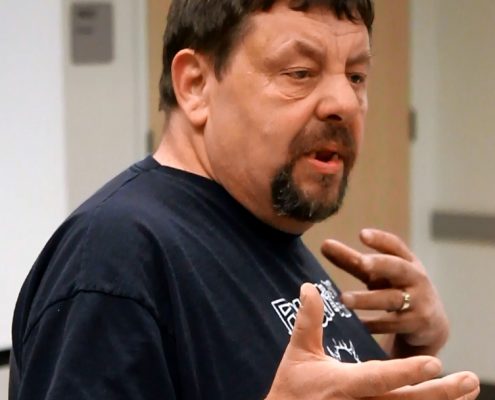
Ron Coleman
International speaker and trainer influential in the development of the UK Hearing Voices Network - drawing on his own experiences to develop recovery focused services more…
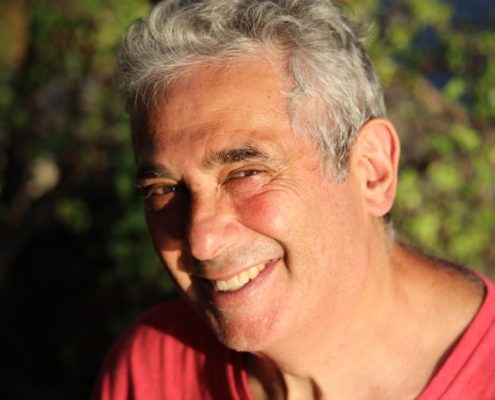
Malcolm Stern
Group psychotherapist, author and father bereaved by suicide more…
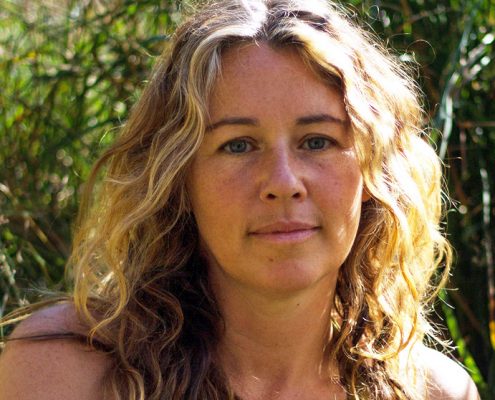
Hoppi Wimbush
Hoppi is a journey facilitator, eco-therapist and co-founder of Lammas Ecovillage and Earth Centre in West Wales" more…
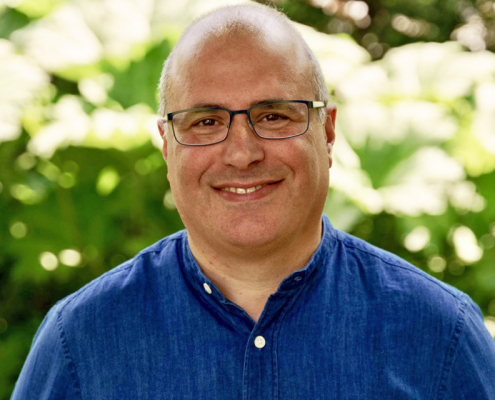
Vishvapani
Writer, broadcaster and mindfulness teacher, best known for his contributions to BBC Radio 4’s Thought for the Day more…
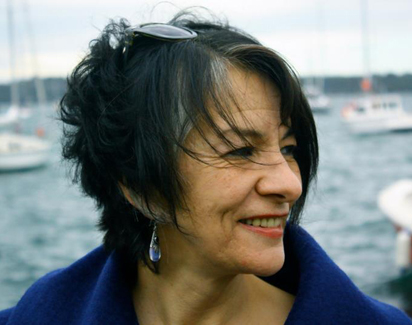
Elaine Paton
Conceptual theatre director, performer and writer who challenges the stigma and shame that still surrounds being mentally unwell more…
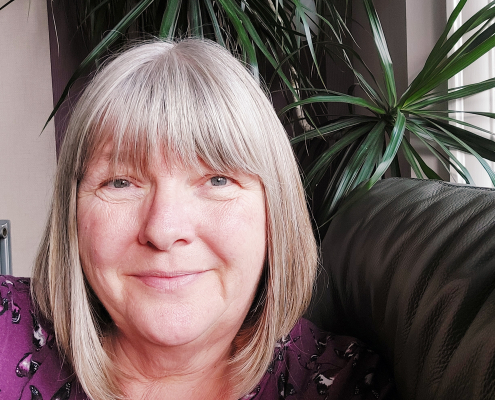
Sarah Paget
Sarah is particularly interested in the concept of "therapeutic ordinariness" and in championing the importance of genuine, authentic relationships in human services more…
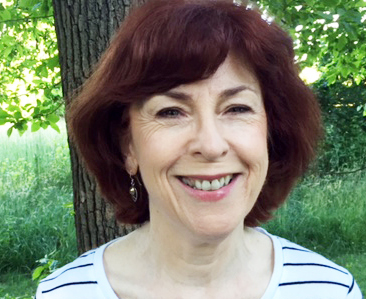
Eileen M. Small, MSW
Research Project Director at the University of Massachusetts Medical School's Open Dialogue Team - working with the University of Jyväskylä, Finland more…
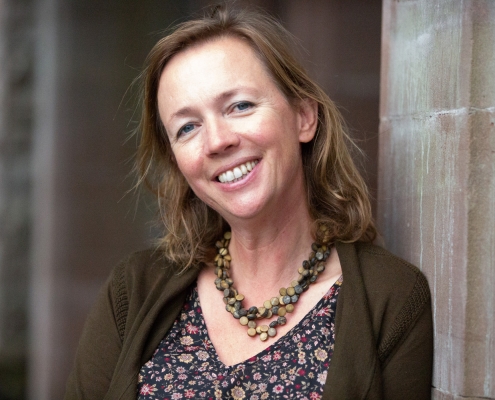
Benna Waites
Joint Head of Psychology, Counselling & Arts Therapies, for Aneurin Bevan Health Board, passionate about facilitating compassionate care in the NHS more…
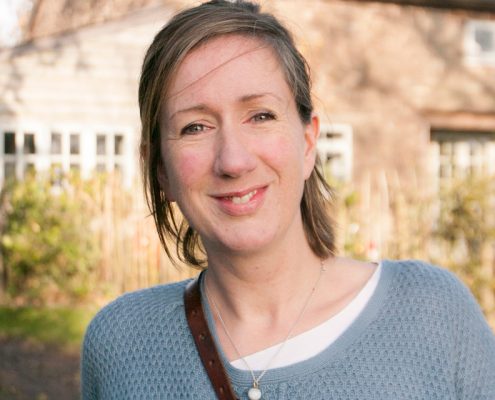
Liz Knight – Forage Fine Foods
Forager, wild food chef and educator, passionate about the power of food to bring people together and boost their wellbeing more…
Programme
| Thursday 30 March | ||
| 8.30 – 9.00 | Optional early arrival and meditation | |
| 9.00 – 9.30 | Register / Meet & Greet | |
| 9.30 – 9.45 | Welcome and Setting the Scene | Benna Waites and Malcolm Stern |
| 9.45 – 10.15 | Compassion Grounding and Centering | Rufus May and Elisabeth Swanholmer |
| 10.15 – 10.45 | From Crisis to Community | Dr Dina Glouberman |
| 10.45 – 11.00 | Pause & Refresh | |
| 11.00 – 12.40 | Choice of Experiential Workshops | |
| A | Telling our Stories | Malcolm Stern |
| B | Crisis as Catalyst for Change | Dr Dina Glouberman |
| C | Using the Voice Dialogue Approach | Rufus May and Elisabeth Swanholmer |
| 12.40 – 1.10 | Group Gatherings | Hosted Conversations facilitated by Malcolm Stern and Andy Bradley |
| 1.10 – 2.10 | Eat and Enjoy | |
| 2.10 – 3.40 | Choice of Experiential Workshops | |
| D | Telling Our Stories | Malcolm Stern |
| E | Crisis as Catalyst for Change | Dr Dina Glouberman |
| F | Using the Voice Dialogue Approach | Rufus May and Elisabeth Swanholmer |
| 3.40 – 4.00 | Pause & Refresh | |
| 4.00 – 4.20 | Growing Community, Cultivating Ourselves | Hoppi Wimbush |
| 4.20 – 4.50 | Group gatherings | Hosted Conversations facilitated by Malcolm Stern and Andy Bradley |
| 4.50 – 5.00 | Close of Day Programme and summing up | Benna Waites |
| 6.00 – 7.00 | Wild & Well Feast | |
| 7.00 – 8.45 | Documentary Film Screening – ‘CrazyWise’ | Introduced by Director, Phil Borges |
| Friday 31 March | ||
| 8.30 – 9.00 | Optional meditation | Vishvapani |
| 9.00 – 9.10 | Welcome and Introductions | Sarah Stone |
| 9.10 – 10.00 | Talk, Round Table Discussion and Q & A on issues raised by CrazyWise documentary film ‘CrazyWise’ | Phil Borges |
| 10.00 – 10.30 | Words, words, I am sick and tired of Words: Show me | Ron Coleman |
| 10.30 – 11.00 | Group Gatherings | Hosted Conversations facilitated by Malcolm Stern and Andy Bradley |
| 11.00 – 11.30 | Pause & Refresh | |
| 11.30 – 1.00 | Choice of Experiential Workshops | |
| A | Participatory Workshop, Re-evaluating Consciousness and Mental Wellbeing | Dr Natalie Tobert |
| B | Introduction to Mindfulness and Sharing Mindfulness | Vishvapani |
| C | Crisis and Community | Ron Coleman |
| 1.00 – 2.00 | Eat and Enjoy | |
| 2.00- 2.30 | Extracts from ‘Moment(o)s of Leaving’, a site specific, multi media production, at the former Whitchurch Mental Hospital, Cardiff, | Elaine Paton |
| 2.30 – 3.00 | Recovering our Stories | Stories from experts by experience on staying well and thriving after a mental health crisis, with Dina Glouberman |
| 3.00 -3.20 | On Being Broken | Marta Stothers |
| 3.20 – 3.50 | Pause & Refresh | |
| 3.50 – 4.50 | Towards a Mindful Mental Health Service: Introduction to Open Dialogue and reflections on implementation in England and the US | Dr Russell Razzaque, Eileen Small, Deborah Salter and Yasmin Phillips |
| 4.50 – 5.00 | Thought for the Day | Vishvapani |
| 5.00 – 5.30 | Concluding Reflections and Sharings | Malcolm Stern, Sarah Stone and Benna Waites |
